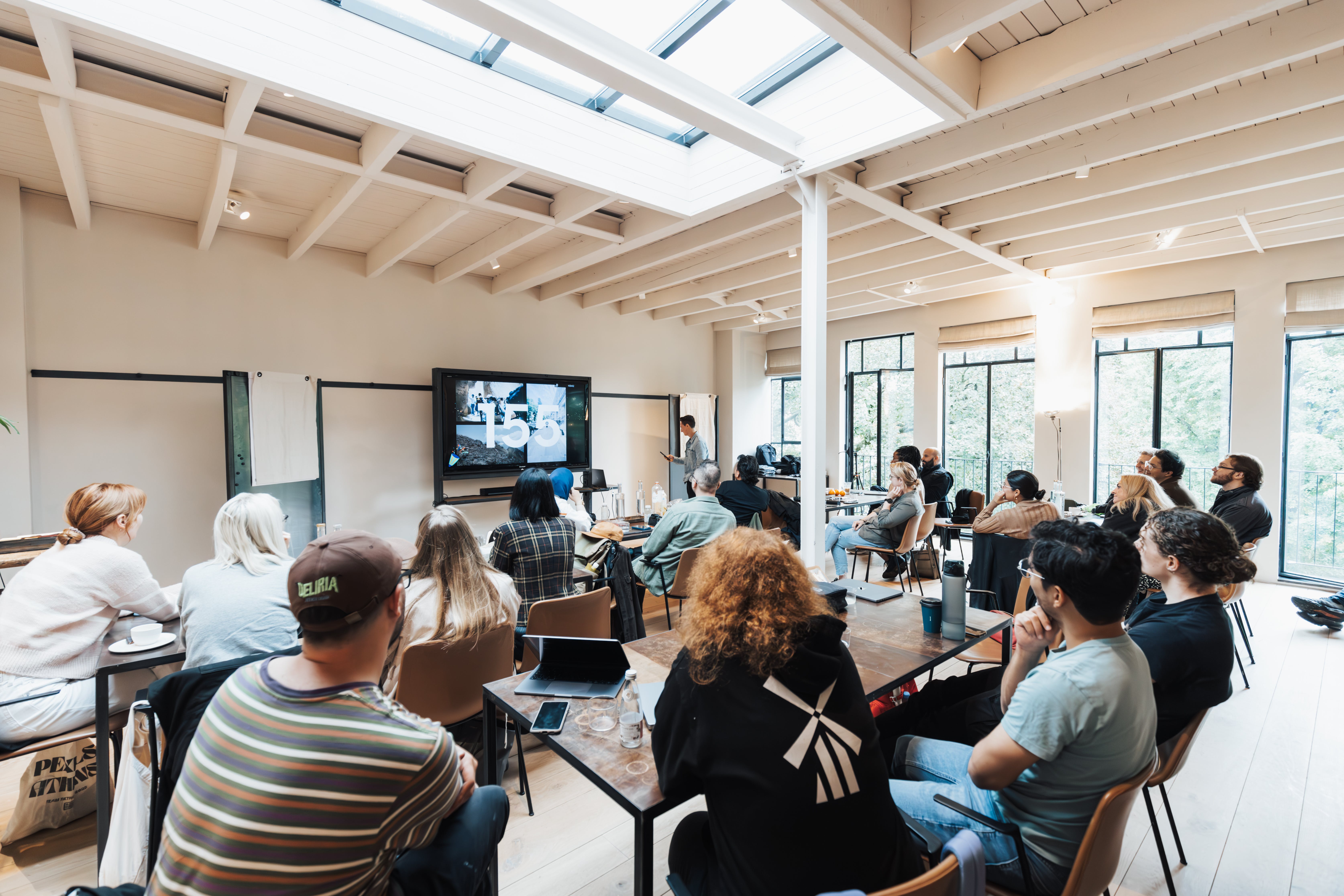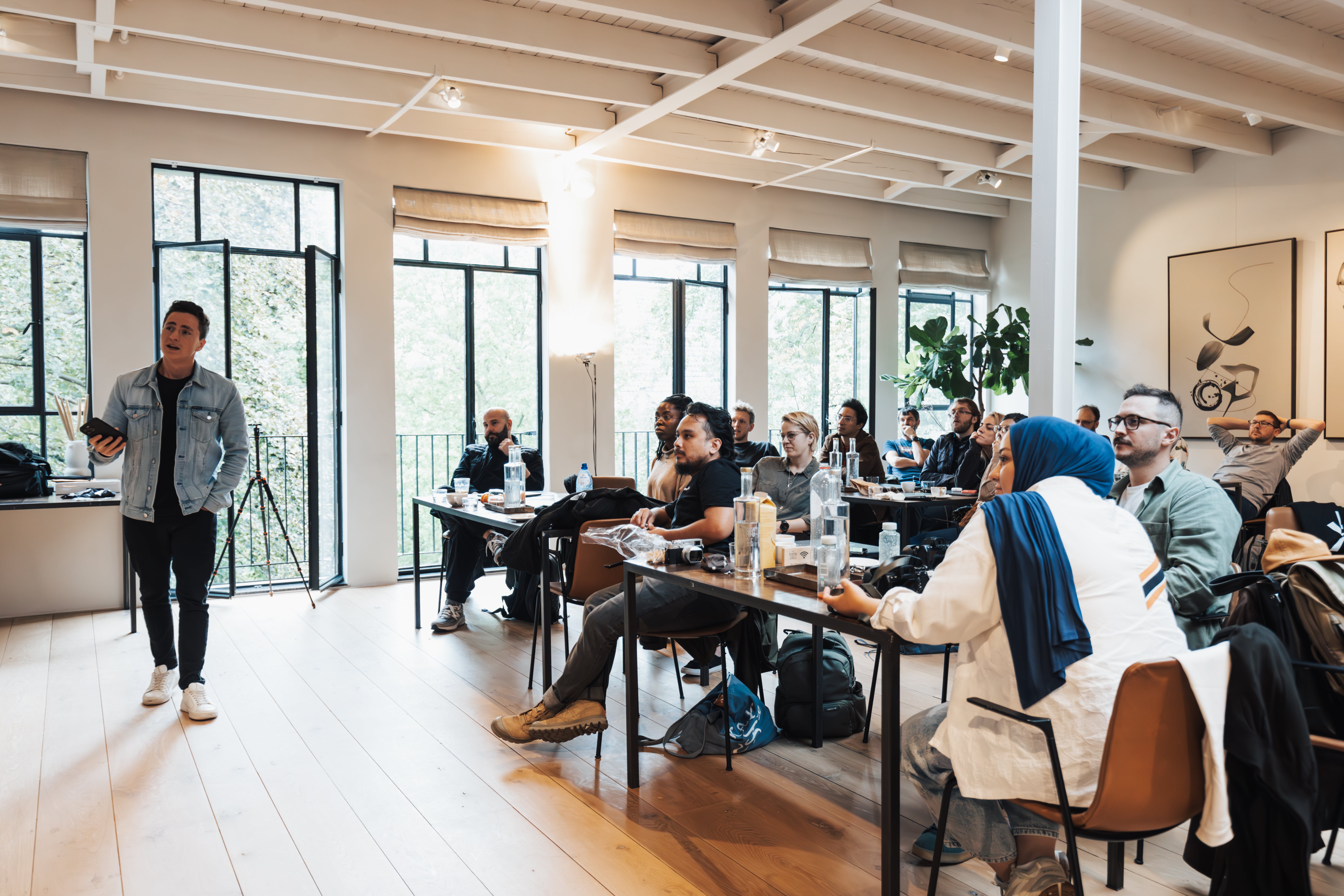Vocational Education and
Training Initiatives
Embark on an exciting journey with Ozgo International LLP's Vocational Training and Ausbildung Placements – a unique mix reshaping education and job success. Imagine a program that blends free study with hands-on work experience, gaining global recognition for its innovative approach. Recent trends highlight the importance of vocational training in building successful careers, and Ozgo proudly leads this transformative movement.
Our offerings go beyond the usual, ensuring an immersive experience. From helping you meet German language requirements to providing personal care support through buddies in Germany, Ozgo stands out. What sets us apart? Tangible benefits for our +2 pass students. Imagine starting your career with a competitive stipend ranging from 80,000 INR to 95,000 INR from the first month of your Ausbildung journey – a golden opportunity.













